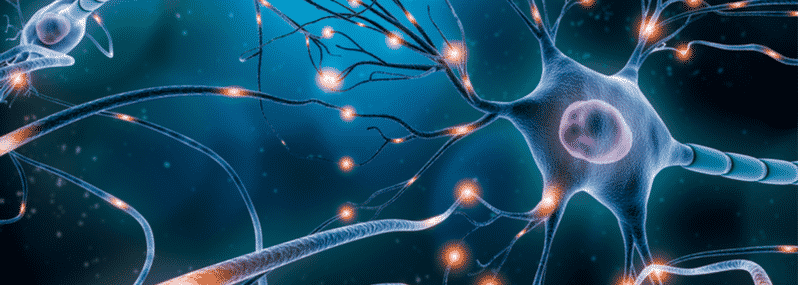Neuron23 Inc. and QIAGEN are to collaborate to develop a companion diagnostic for Neuron23’s LRRK2 inhibitor for Parkinson’s disease.
Under the agreement, QIAGEN will develop and validate a clinical trial assay that will detect a combination of biomarkers discovered by Neuron23 that together predict the responsiveness of Parkinson’s disease patients to a LRRK2 inhibitor. The partnership will support the clinical development of Neuron23’s drug candidate, which is currently in the late stages of preclinical development. Subject to further clinical development, the agreement also covers options for the future development of additional companion diagnostics.
The assay for this collaboration will be integrated into a next-generation sequencing (NGS) workflow that leverages QIAGEN’s sample-to-insight capabilities. Parallel development of the diagnostic assay and the therapeutic will allow the companies to submit the application to the U.S. Food and Drug Administration (FDA) for premarket approval (PMA) of the NGS companion diagnostic test in tandem with the new drug application (NDA) for Neuron23’s LRRK2 inhibitor.
Helping identify individuals
Nancy Stagliano, CEO of Neuron23, said: “QIAGEN’s blood-based test will help to identify patients with Parkinson’s disease who are likely to respond to Neuron23’s LRRK2 inhibitor. The development of a companion diagnostic identifying this sub-population of Parkinson’s disease patients will de-risk the clinical development of Neuron23’s LRRK2 inhibitor and help identify individuals who may benefit from this disease-modifying therapy. We are excited to be working with an industry leader on the first companion diagnostic developed for Parkinson’s disease.”
“The collaboration with Neuron23 shows the rapid momentum precision medicine is gaining in disease areas outside oncology,” said Jonathan Arnold, vice president, head of oncology and precision diagnostics at QIAGEN.
“Our expertise in blood- and NGS-based molecular testing from sample to insight will enable Neuron23 to run a clinical trial for a drug candidate that may have the potential to modify the course of an inexorable neurodegenerative disease in a genetically defined population.”
LRRK2
LRRK2 is a complex, multidomain protein found in neurons and many other tissues and cell types throughout the body. Mutations in the LRRK2 gene are one of the most common causes of familial Parkinson’s disease and individuals who inherit gain of function mutations in LRRK2 are clearly at higher risk to develop the disease in later life.
Additionally, there is emerging evidence that LRRK2 activity may play a role in a subset of the larger population of patients with non-familial Parkinson’s disease. Recent investigations have shown that small-molecule LRRK2 inhibitors can be neuroprotective, suggesting that therapies targeting LRRK2 could be beneficial in a larger population of patients.
No laboratory tests are currently available for the diagnosis of non-genetic cases for Parkinson’s disease. Usually, the disease is diagnosed based on medical history and neurological examination. Although no cure currently exists for Parkinson’s disease, therapies are used to alleviate some symptoms.
Financial terms of the agreement were not disclosed.
Partnering 2030: The Biotech Perspective 2023






